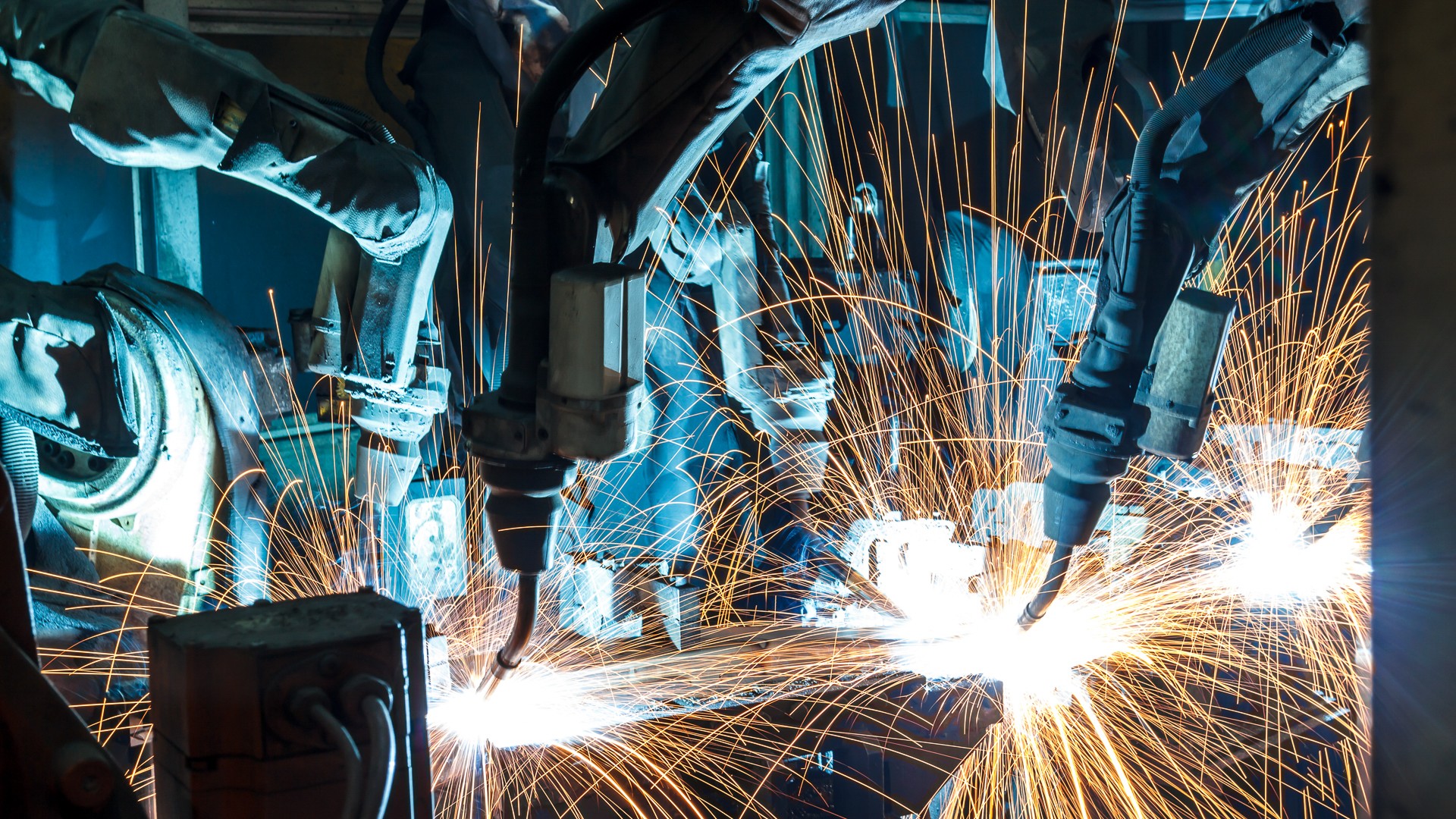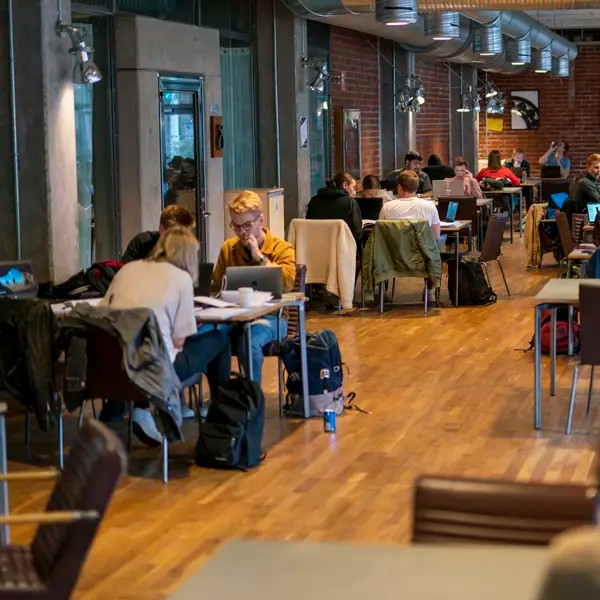
Are you passionate about developing the next generation of production facilities for global manufacturing companies? This master’s programme will bring you up-to-speed in the latest advances in modern production, giving you the skills to improve and develop manufacturing processes and high-performing sustainable production systems.
You will learn how to lead and develop new projects, as well as manage systems already in full operation. You will receive education in a broad base of production engineering, leaving you well placed to take up a wide variety of roles, in areas ranging from the automotive industry to medicine, health care, and food.
Overview
- Educational areaMechanical and Industrial design engineering
- DegreeMaster of Science, MSc
- LanguageEnglish
- Place of studyJohanneberg
- Duration2 Years
- Rate of studyFull-time, 100%
- Instructional timeDaytime
- Application period
Mid-October – Mid-January
ⓘ Application period for Chalmers bachelor’s students starts in April
Important dates
- Application opens
- Application closes
Production engineering master's programme at Chalmers
Are you passionate about developing the next generation of production plants in global manufacturing companies? In the master’s programme Production engineering you will learn about the latest advances in digital production and gain skills to improve manufacturing processes and high-performing sustainable production systems.
This master's programme aims at conveying the knowledge, judgment and skills required to design and improve manufacturing processes and high-performing sustainable production systems. This includes leading development projects as well as managing such systems in full operation. Within the programme, there is a close cooperation with industry providing an attractive environment both for national and international students as several of the collaborating companies operate on the global market.
Manufacturing is of fundamental importance for the welfare in society and is closely related to the capability of fulfilling the demands for economic, ecologic and social sustainability. Around one third of the jobs in the European Union are related to the manufacturing sector and there are many global manufacturing companies located in Gothenburg, e.g. Volvo Cars, Volvo Trucks, and SKF. The Production engineering master's programme is continuously interacting with these companies and many more through real-world project courses, master thesis projects, field-trips, guest lectures etc.
Topics covered
The subjects of automation technology and production management are fundamental areas in the Production engineering master’s programme. The courses included in the programme plan handle topics such as production systems, mechatronics and manufacturing.
Career
The professional area for a production engineer goes across sectors - from automotive, medicine and health care industry to food production. With a broad production engineering knowledge base, the programme gives a wide spectrum of career opportunities including advancement as specialists in the areas of Production Systems, Manufacturing Processes, and Production Management.
Three of the most common employments directly after graduation are:
- Manufacturing engineer: developing production lines and new technology at major companies and SMEs.
- Manufacturing and logistics consultants, e.g. in the virtual manufacturing field.
- Manufacturing management trainees at major companies such as Volvo, Scania, and Orkla Foods.
Other common examples among our alumni are: project leaders, automation engineers, machine designers, business developers, and managers for production and development organisations after some years of work experience.
Some examples of employers are: H&M, Scania Trucks, Volvo Cars, Volvo Trucks, SKF, Toyota, Rolls Royce, Ericsson and ÅF. Our graduates are also qualified for PhD studies at Chalmers or other universities worldwide.
Research
The master's programme is part of Chalmers’ Production Area of Advance and the courses are given by four different departments: Materials and Manufacturing Technology, Product and Production Development, Signals and systems, and Technology Management and Economics.
All these departments have prominent research activities together with partner companies such as Volvo Cars, Volvo Trucks, GKN Aerospace, and many more. The students of Production Engineering can thereby take advantage of up-to-date research advancements. For students interested in an occupation in the academic field, the programme offers preparatory courses for starting a research career.
Requirements

How to apply - From application to admission
This is a step-by-step guide on how to apply for a Master's programme at Chalmers University of Technology.
Questions about the application

Phone hours
10:00–11:00 (weekdays)
Specific programme questions
- Full Professor, Production Systems, Industrial and Materials Science
